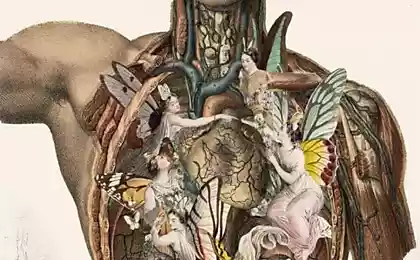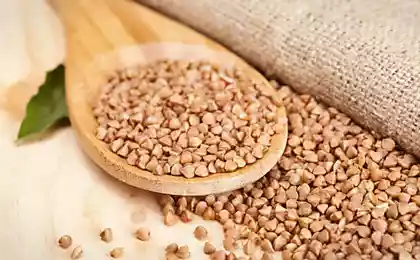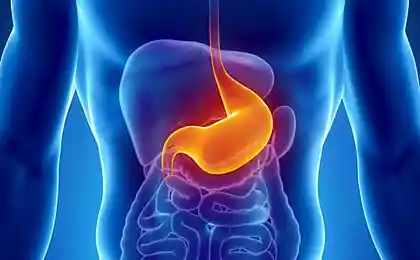512
Why chew your food slowly
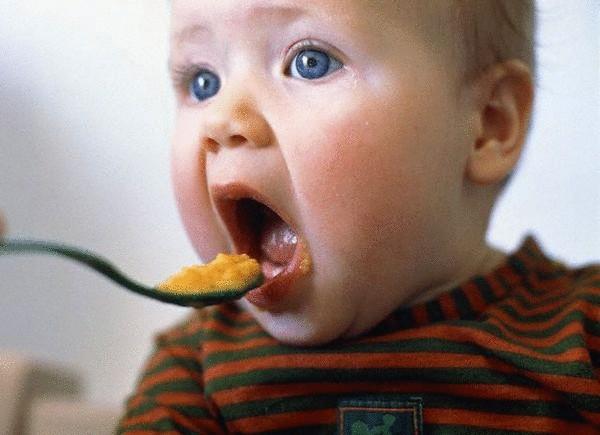
Most people believe that their food eaten begins to dissolve only when they swallow it. However, the key moment of the entire digestive chain starts then when food is in the mouth. Chewing, as such, is a signal to our salivary glands to produce saliva. In addition, it is a signal for our body's warning him about what's in our stomach will begin to enter the food. This signal allows our stomach, literally, to prepare for the meal. The longer you chew your food, the more saliva it will mix in your mouth before it is swallowed. This, in fact, is one of the useful things slow chewing small pieces of food.
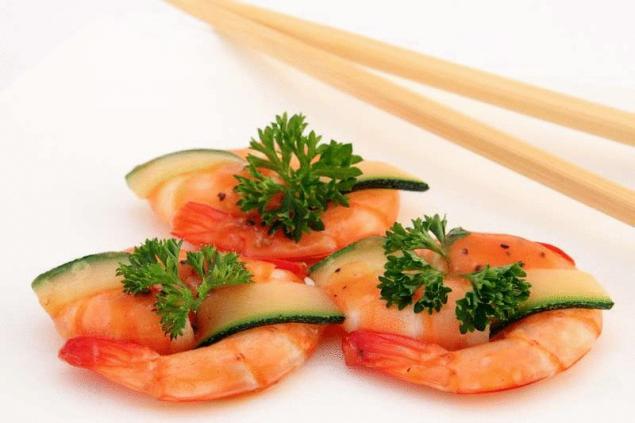
Despite the fact that human saliva is 98 percent water, it is an extremely useful substance and contains a number of enzymes. In addition, our saliva contains many components that possess antibacterial properties, including mucus and electrolytes. The teeth in this time also perform a crucial function, grinding food and reducing its size so that our digestive system, which will soon come pre-chewed food could easier to deal with it. Enzymes in our saliva break down carbohydrates and starch into simple sugar. This means that the longer you chew, the less work on the isolation of these components remains your digestive system.
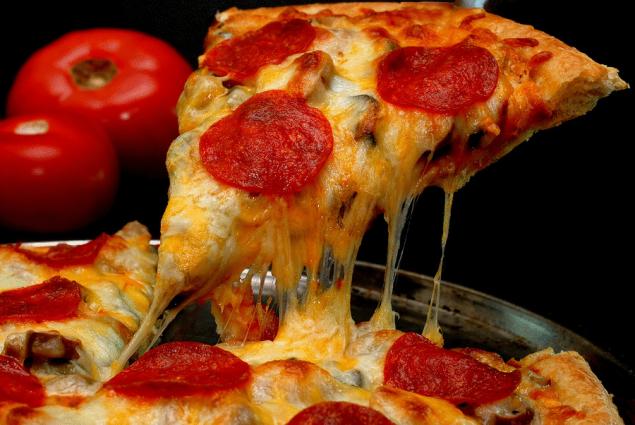
Longer chew each little piece, as this will greatly simplify the work of your digestive system in General and your intestines in particular! The smaller the pieces of food that enter our digestive tract, the smaller amount of gas that we consume. Therefore, eat small, carefully chewed pieces of food, we reduce the risk of accumulation of gases in the stomach and get rid of feeling bloated after a heavy dinner or lunch. As for large pieces of food, another problem for the digestive system lies in the fact that these pieces of our body hard enough to move along the digestive tract.
If someone consumes food too quickly, then this person has all the chances to eat much more food than he needs in order to feel full. As a result, this consumer will be left with an unpleasant feeling of satiety – a very unhealthy feeling seem familiar to each of us. On the other hand, if you cease to work furiously with a spoon or fork, and give yourself the opportunity to thoroughly chew each position in the mouth portion of food, before swallowing it, the process of absorption of food takes you more time. This means that you have the opportunity to feel that you are full before you have overeaten. In other words, your stomach will not get the excess amount of food that you do not need, and which every lunch, dinner or Breakfast is a very unhealthy and unwholesome for your body event, threatening various problems for your overall health and your digestive system in particular.
There are many opinions about the time that should be given to the chewing of each bite. An excellent practical way to identify the time required for each morsel of food you put in your mouth is to chew until, until you will be hard to tell from just the texture of chewed food that you chew. However, if we talk numbers, then a solid meal is optimal from 30 to 40 perezhevyvaya on each slice. Dense and watery mass, such as cereal, smoothie, or soup must be chewed at least ten times.
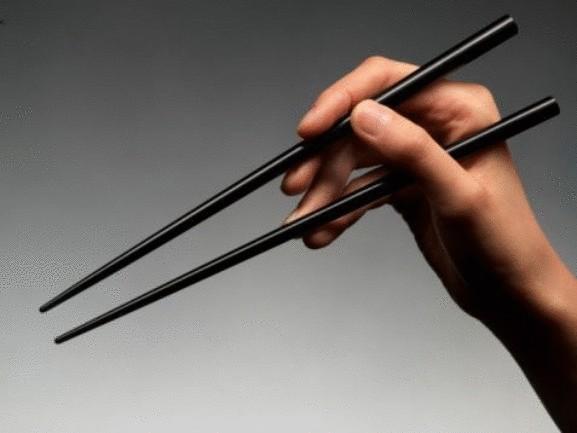
It makes sense to try the following few tips that can help you learn to chew much more slowly:
– Try to use chopsticks.
– During the meal, sit straight, breathe deeply and slowly.
– Focus only on eating, not paying attention to anything around you.
– Eat only in designated place (e.g. in the kitchen, not in the room, sitting at a computer).
– Take the time which you spend in food consumption, associated the contemplation of this process.
– Try to prepare yourself, as this will help you to learn to appreciate each eaten a piece of food.
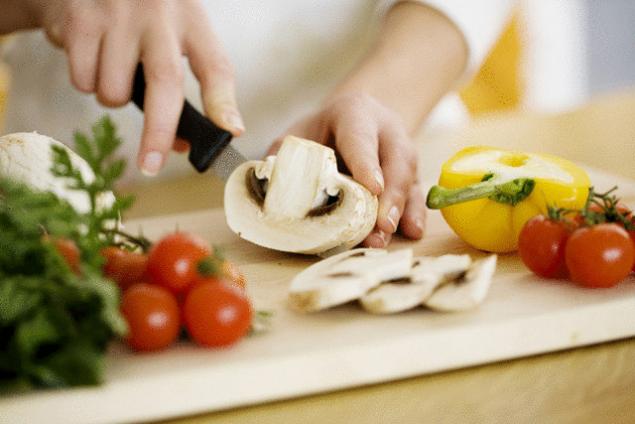
Evaluate each eaten a piece of food, like a real gift, and give your body a real chance to digest your food exactly as it should – without the slightest feelings of discomfort.
Source: /users/104





